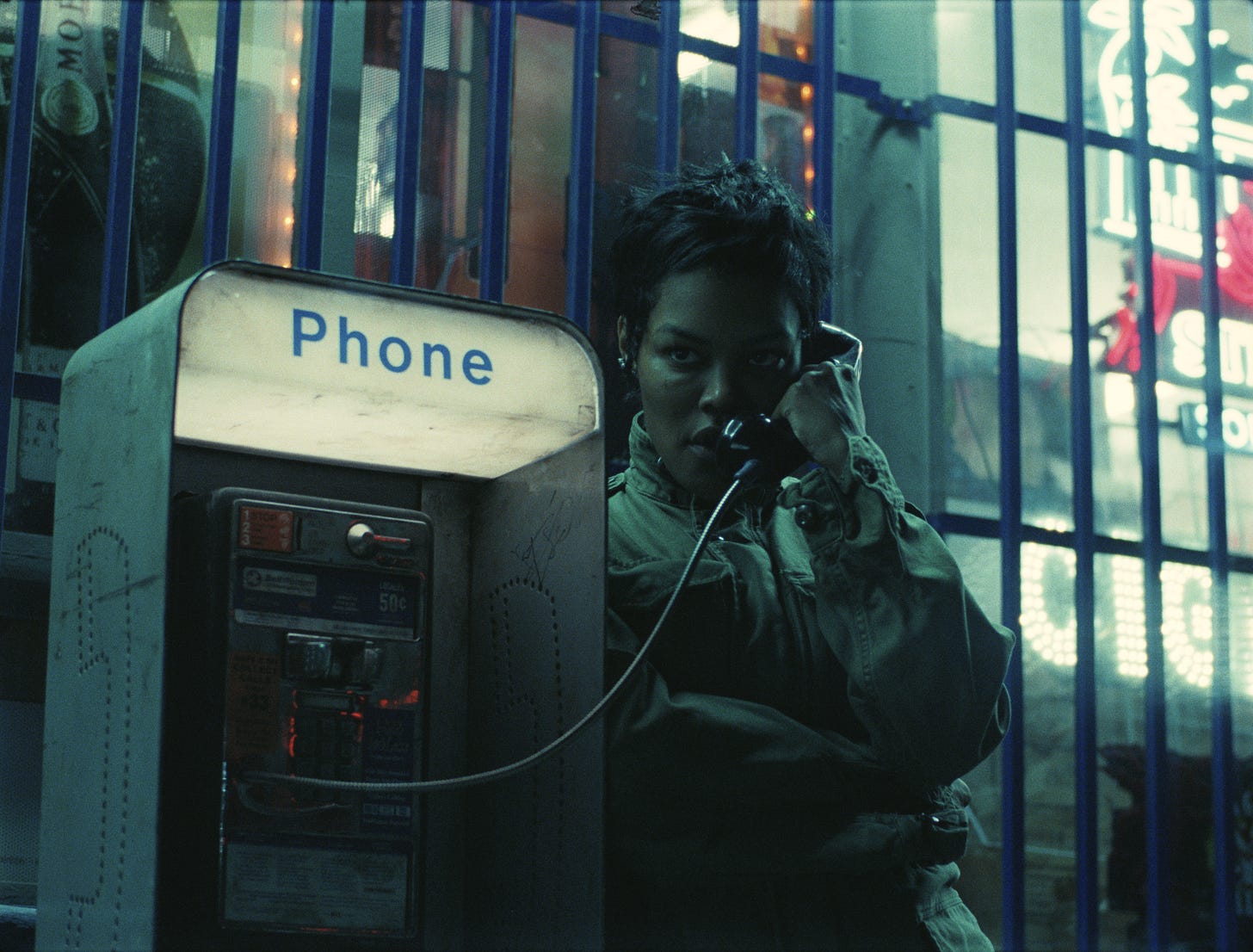THB #754: One Battle After Another (minimal spoilers)
This is very complicated review to write without giving up to much. The movie is at the same time incredibly complex and achingly simple.
Each of the 6 main characters, regardless of their screen time, is challenged deeply and goes through their own journey - and of course, the shared journey - during the course of the film’s 2 hours and 40 minutes.
What is not apparent from the marketing and is unavoidable in the film is that Leo DiCaprio’s Bob and Sean Penn’s Colonel Steven J. Lockjaw - character names so appropriately evocative that they could be considered onomatopoeia - are really two sides of the same coin, doppelgangers of a sort.
They are both consumed by - and there is no other way to say this - black ass. Perfidia Beverly Hills’ black ass to be specific, in an indelible performance by Teyana Taylor.
Before I try to dig myself out of this rhetorical hole - based 100% on the story of the movie and actual dialogue in the film - an aside to clarify anothe…
Keep reading with a 7-day free trial
Subscribe to The Hot Button by David Poland to keep reading this post and get 7 days of free access to the full post archives.


